The history of perfumery
Perfumery has been an important part of human culture for centuries , with its roots going back to ancient civilizations.
The art of creating fragrances has evolved over time, from the use of simple natural ingredients to the complex chemical formulas of modern perfumes.
Throughout its history, perfumery has played an important role in religious ceremonies, cultural traditions, and social status.
In this article we will delve into the stories of iconic fragrances , the role of perfumery in ancient cultures , and the science behind the creation of modern perfumes.
Perfumery in ancient civilizations
Perfumes were an integral part of life in ancient civilizations, especially in Egypt . The Egyptians believed that scents had magical and healing properties, and they used perfumes in religious ceremonies and in everyday life.
The ancient Egyptians created perfumes with natural ingredients such as flowers, herbs, and resins . They used distillation techniques to extract essential oils from these ingredients, which they then mixed with alcohol to create fragrances.
The Egyptians also used perfumes for cosmetic purposes. They believed that the use of perfumes would help them attract the attention of the gods and also enhance their beauty. They used fragrances to adorn their hair and bodies, and even added perfume to their makeup.
Some of the most famous fragrances from ancient Egypt are kyphi , which was used in religious ceremonies, and henna, which was used to dye hair and nails.
Perfumery was also an important part of the ancient Greek and Roman cultures. The Greeks used fragrances in religious ceremonies and also believed that scents had healing properties.
The Romans, for their part, used perfumes as a symbol of wealth and status. They created fragrances with natural ingredients like myrrh, frankincense, and cinnamon, and also used animal extracts like musk and ambergris.
Perfumery in the Middle Ages
During the Middle Ages , perfumery was mainly used for medicinal purposes. The fragrances were created with natural ingredients such as flowers, herbs and spices, which were attributed healing properties. Perfumes were used to cure various ailments , such as headaches, stomach aches, and even the plague.
Perfumery also played an important role in the religious ceremonies of the Middle Ages. The Catholic Church used fragrances such as frankincense and myrrh in their religious rituals, and also believed that the scents had healing properties. Perfumes were also used in Islamic cultures , where they were believed to have spiritual and healing qualities.
Perfumery in the Renaissance
In the Renaissance there was a revival of interest in perfumery , especially in Italy. Italian perfumers created fragrances using natural ingredients such as flowers, herbs, and spices, and also experimented with new techniques such as distillation and enfleurage. Perfumes from this era were often created for specific occasions, such as weddings and funerals.
One of the most famous perfumers of the Renaissance was Catherine de' Medici, born in Florence and later Queen of France. Catherine was known for her fondness for perfumes and took many Italian perfumers with her to France. She is credited with introducing perfumery to France, where it would later become a major industry.
The rise of modern perfumery
Modern perfumery began in the 19th century, with the introduction of synthetic fragrances. Chemists such as Paul Parquet and François Coty began to experiment with new chemicals, such as coumarin and vanillin, which allowed them to create new fragrances that were not possible with natural ingredients alone.
The perfume industry continued to grow throughout the 20th century, with the introduction of new chemicals and technologies . Perfumers began to use synthetic ingredients such as aldehydes, which gave fragrances a clean, modern feel.
They also began to use new extraction techniques, such as supercritical fluid extraction, which made it possible to extract essential oils from plants more efficiently.
The impact of technology on the perfume industry
Technology has had a significant impact on the perfume industry, particularly in the areas of fragrance creation and marketing. Perfumers now use Computer Aided Design (CAD) programs to create fragrances, allowing them to experiment with different combinations of ingredients and create new scents more efficiently.
In addition to CAD software, perfumers also use gas chromatography-mass spectrometry (GC-MS) to analyze the chemical composition of fragrances. This technology allows them to identify the individual components of a fragrance and make any necessary adjustments.
Behind the scenes of perfume creation
Creating a perfume is a complex process that involves many steps. The first step is to create a fragrance concept , which involves deciding on the theme, mood, and fragrance ingredients. Next, the perfumer creates a formula for the fragrance, which includes a list of ingredients and their ratios.
Once the formula is complete, the perfumer creates a test version of the fragrance, which is analyzed by a group of experts. If the fragrance is approved, it is produced on a larger scale and marketed to the public. The entire process can take anywhere from several months to a year , and involves a team of chemists, perfumers, and marketing experts.
Famous perfumers throughout history
Perfumery has produced many famous perfumers throughout history, who have created iconic fragrances that have stood the test of time. Some of the most famous perfumers are:
- François Coty: Known as the father of modern perfumery, Coty created many iconic fragrances such as Chypre and Emeraude.
- Jacques Guerlain: Guerlain created many famous fragrances, such as Shalimar and Mitsouko.
- Jean-Paul Guerlain: The grandson of Jacques Guerlain, Jean-Paul created many popular fragrances such as Samsara and Habit Rouge.
- Coco Chanel: Chanel is known for creating the iconic Chanel No. 5 fragrance, which is still popular today.
The art of scent marketing
Scent marketing is the use of fragrances to create a specific ambiance in a retail space. This technique is commonly used in stores, hotels and other businesses to create a sensory experience for customers.
The use of fragrances in marketing can have a significant impact on consumer behavior. Studies have shown that the use of fragrances can increase sales, improve brand recognition and create a positive emotional response in customers.
The enduring charm of perfumery
Perfumery has a long and fascinating history that has evolved over time. From the use of natural ingredients in ancient civilizations to the complex chemical formulas of modern fragrances, the art of perfumery has captivated humans for centuries.
Perfumes have played an important role in religious ceremonies, cultural traditions, and social status , and continue to be an important part of our lives today. Whether we use fragrances for cosmetic purposes, to enhance our mood, or to create a sensory experience, the enduring allure of perfumery will captivate us for many years.




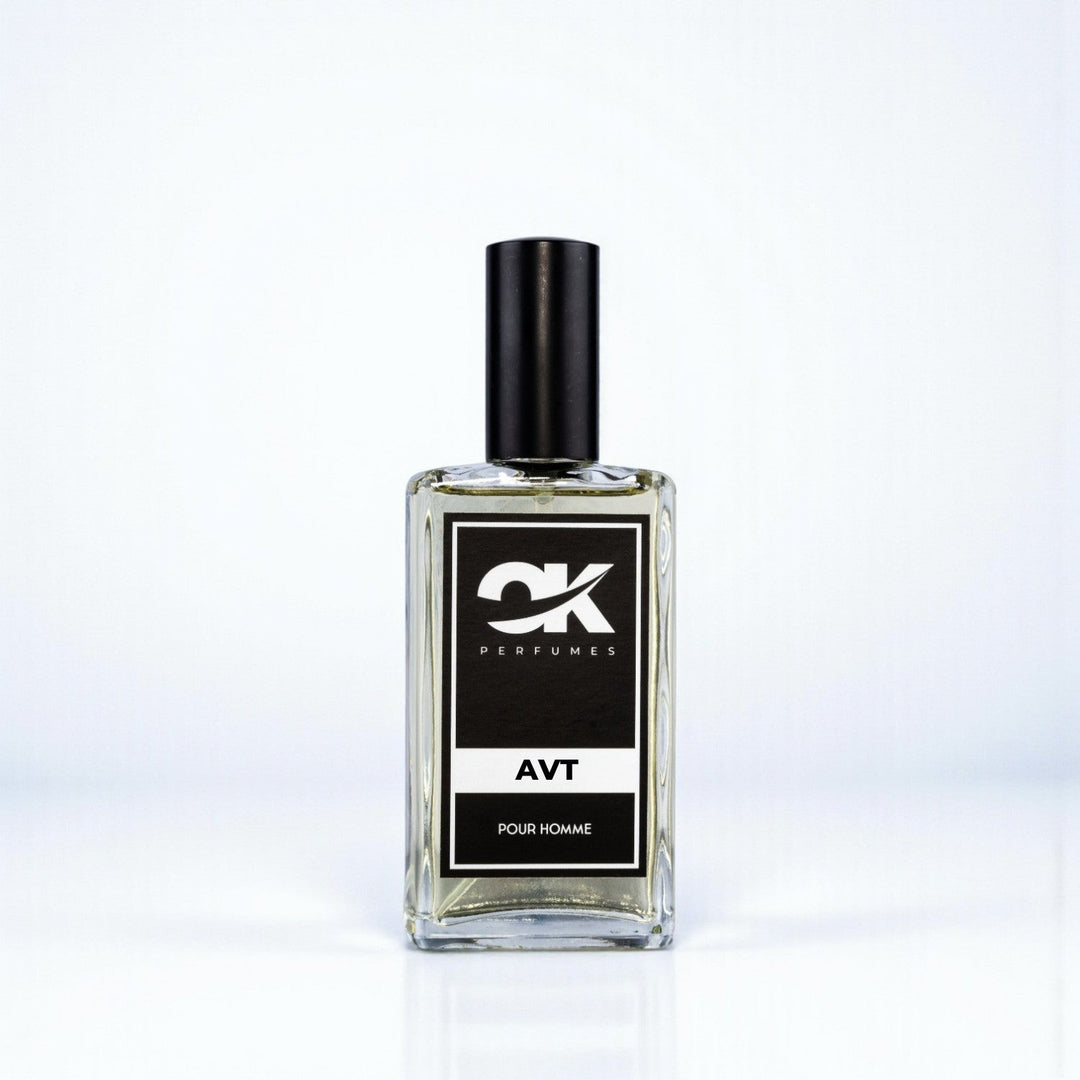

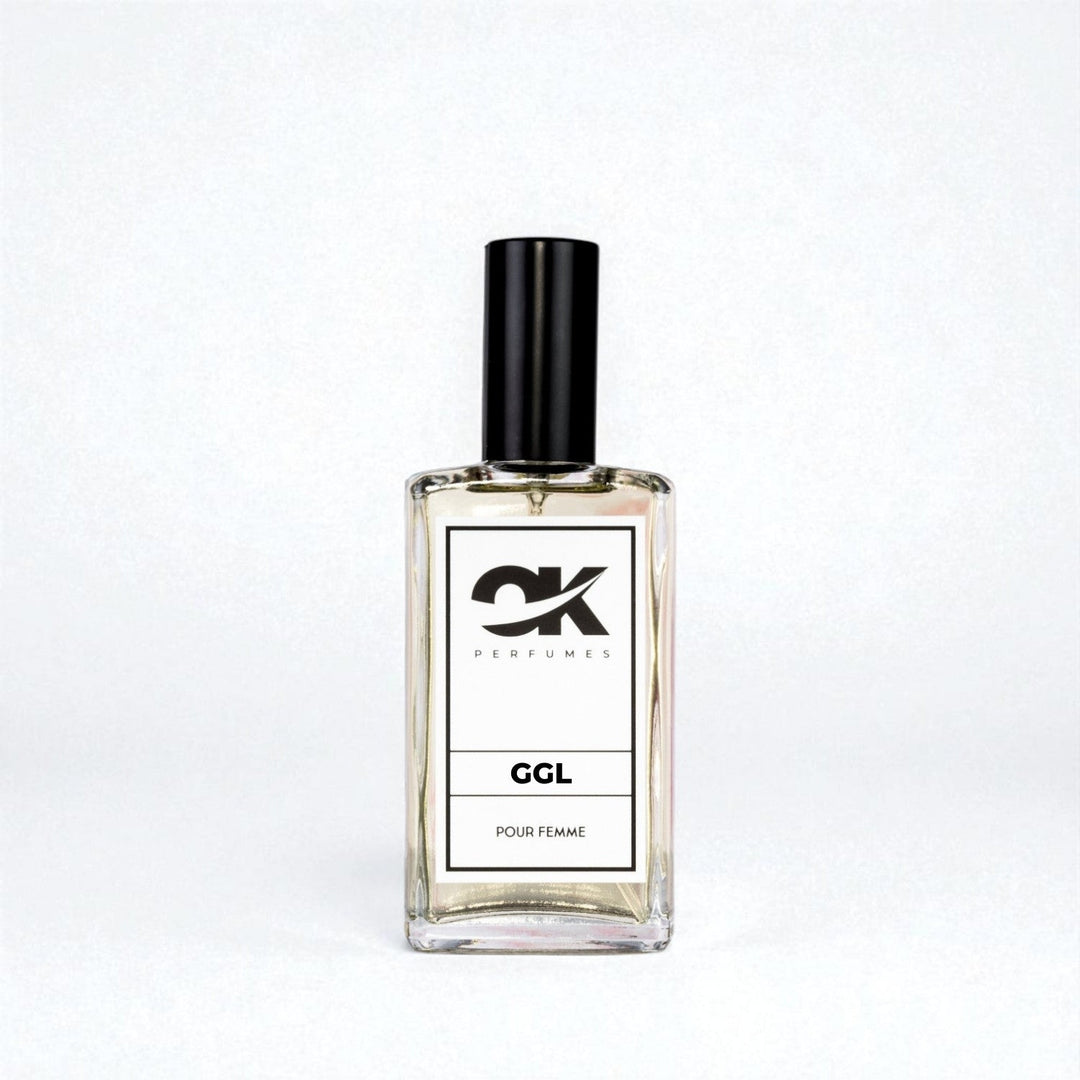
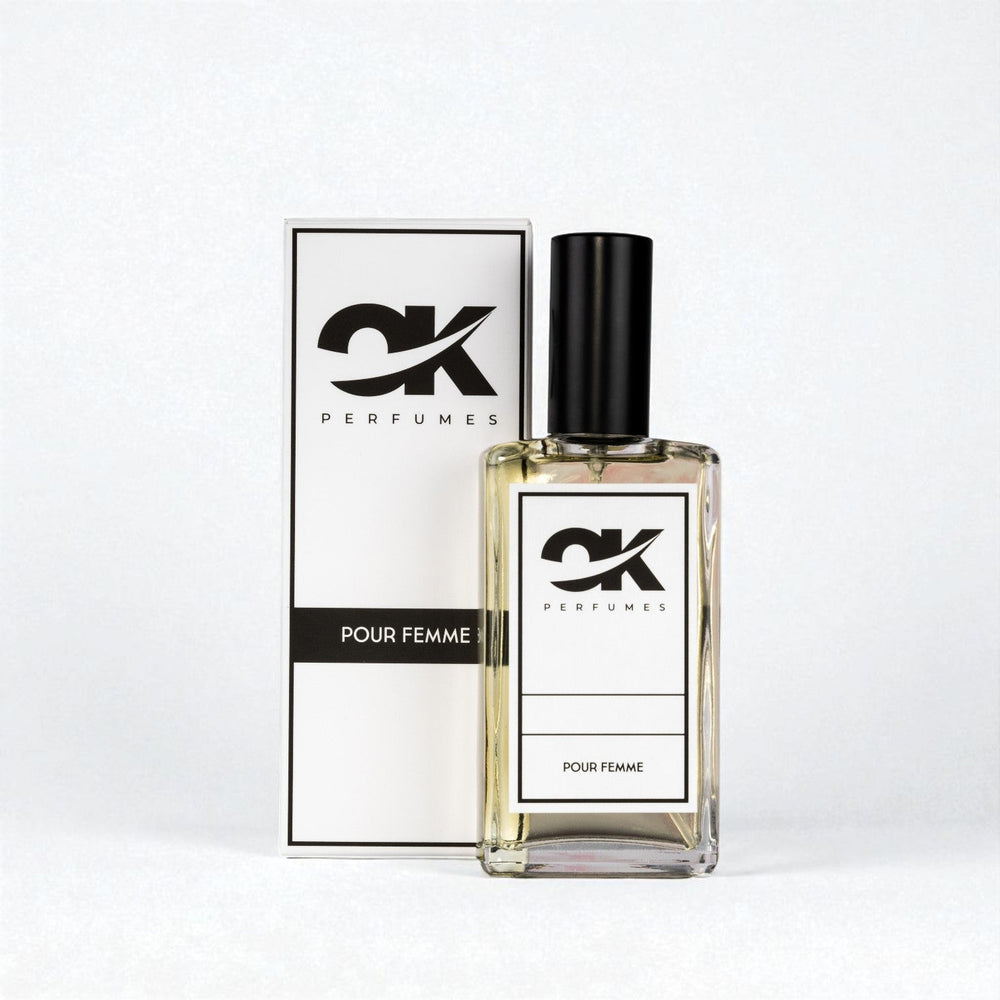
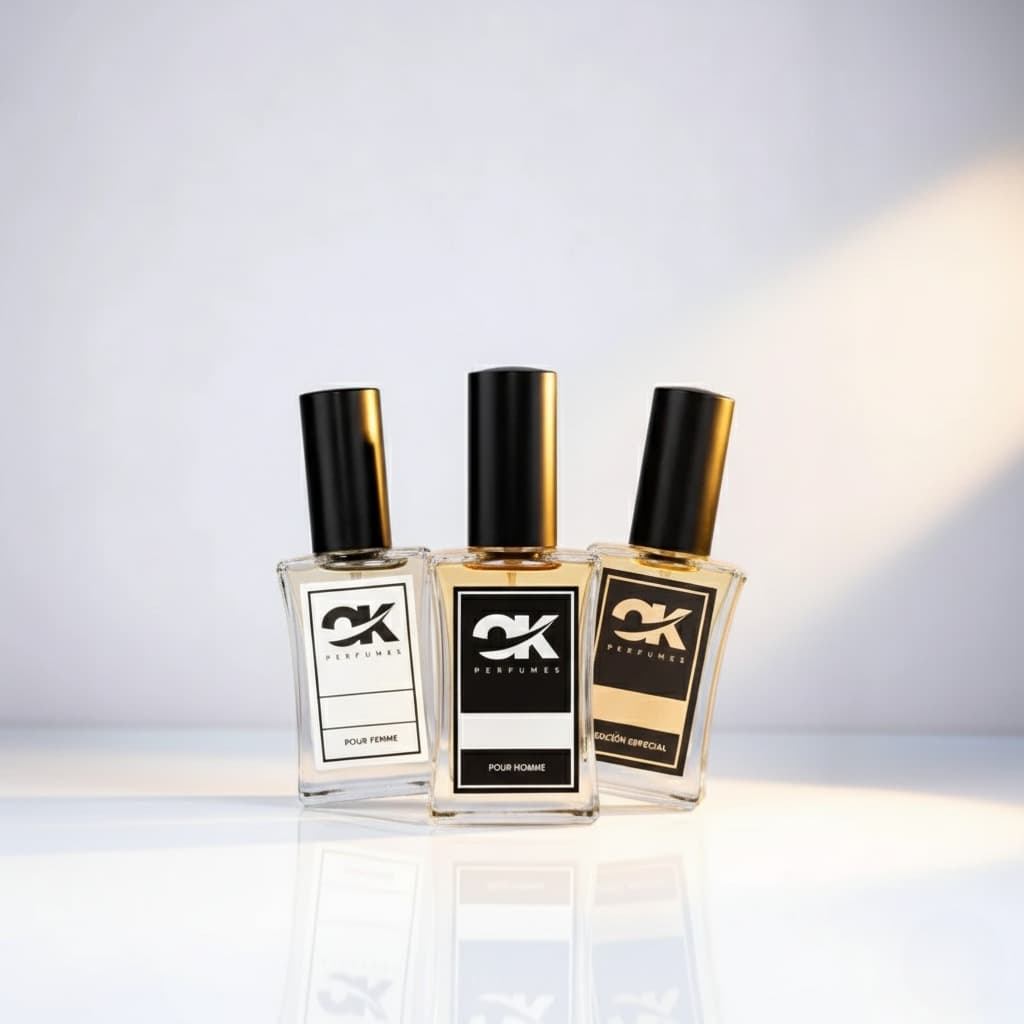

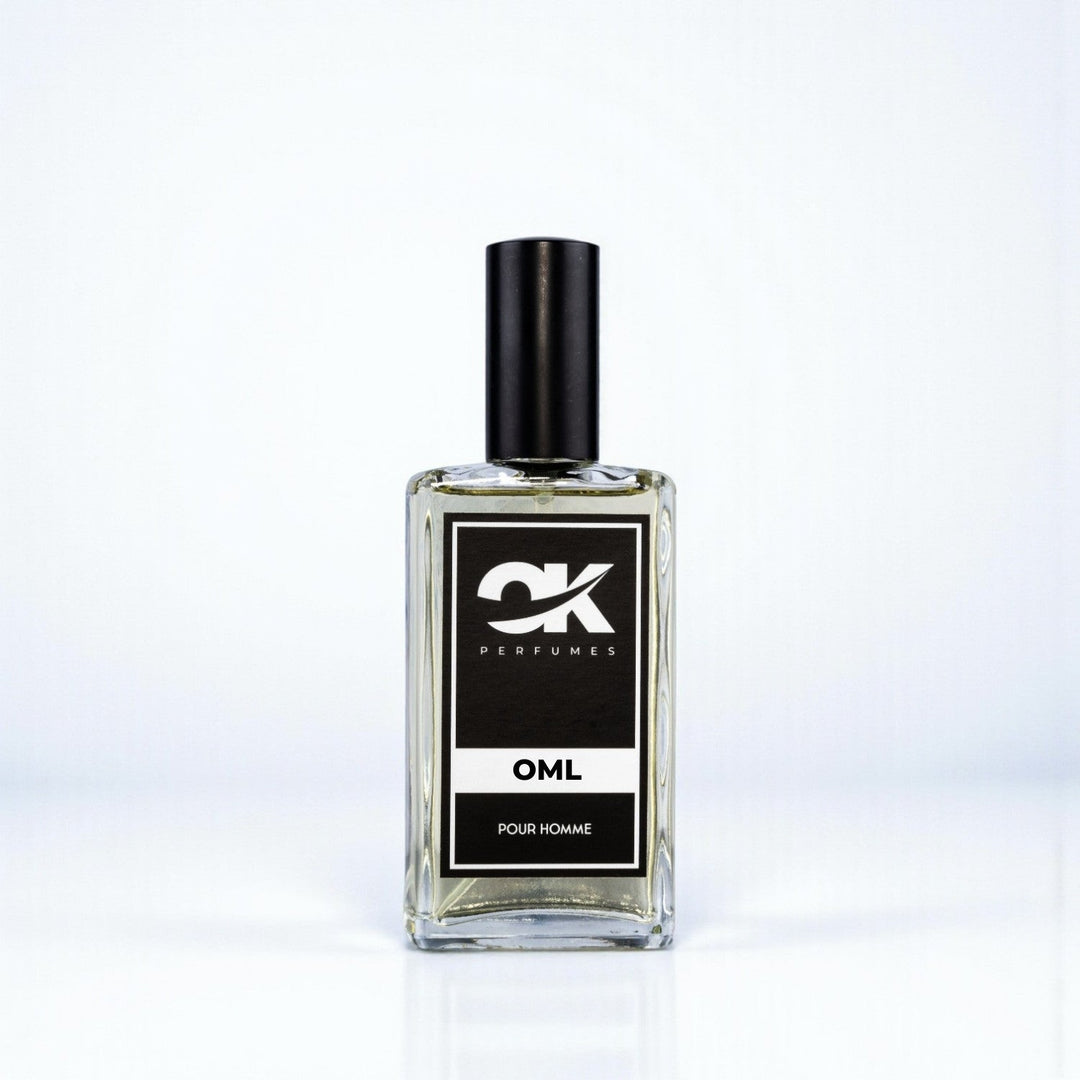
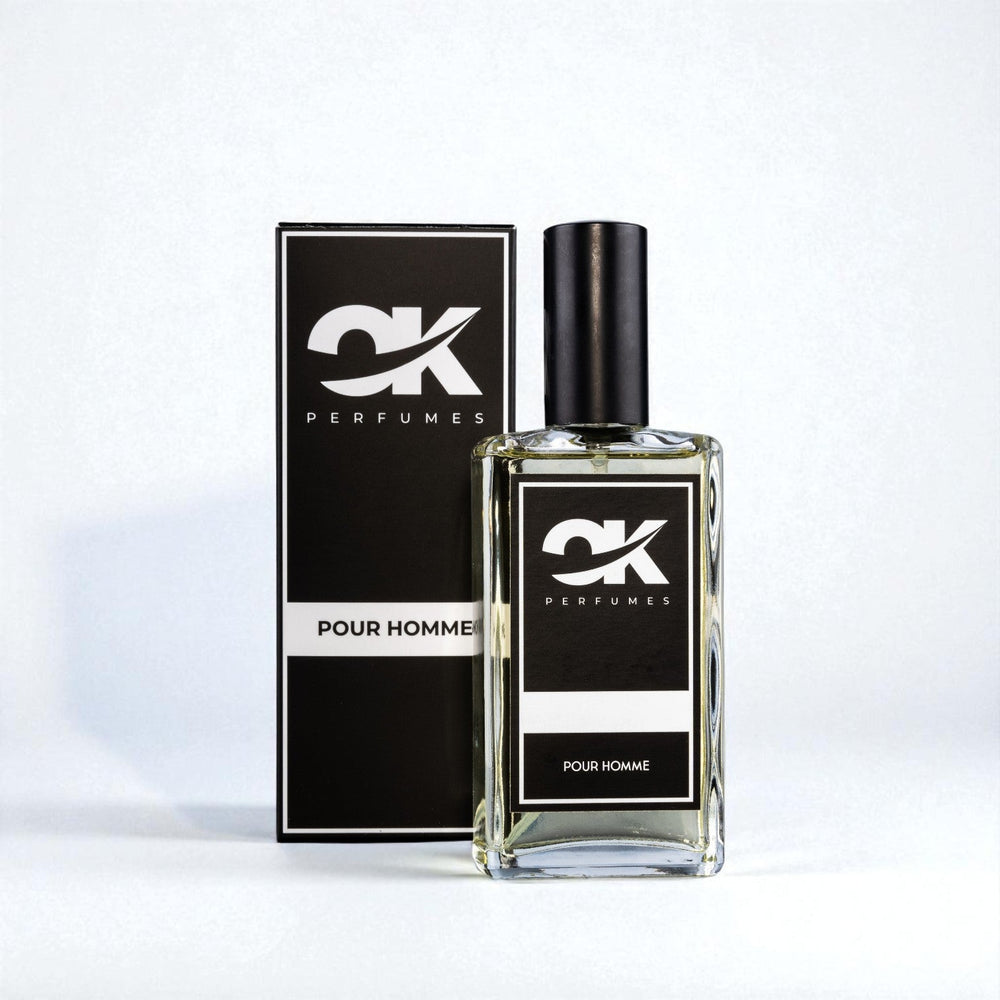
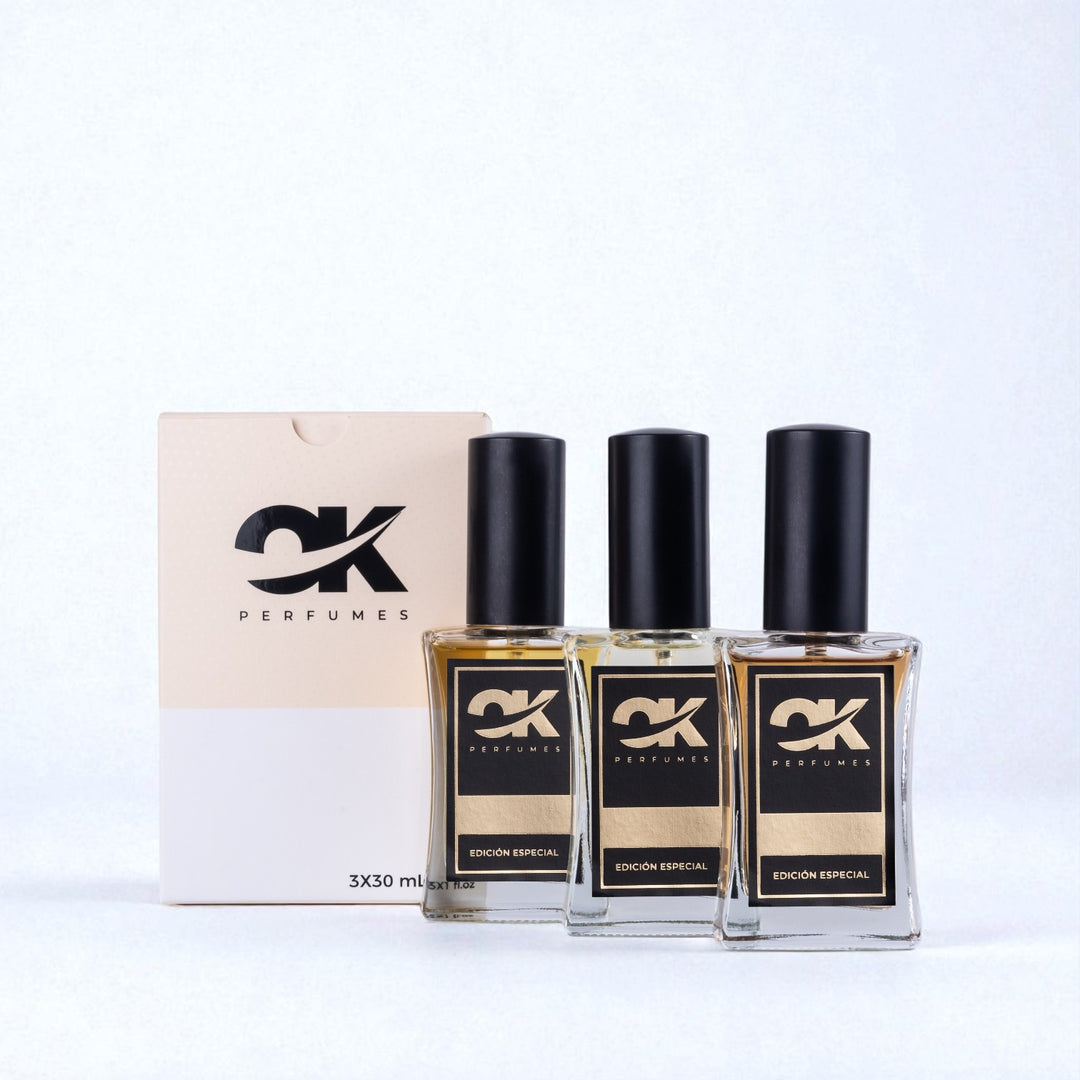
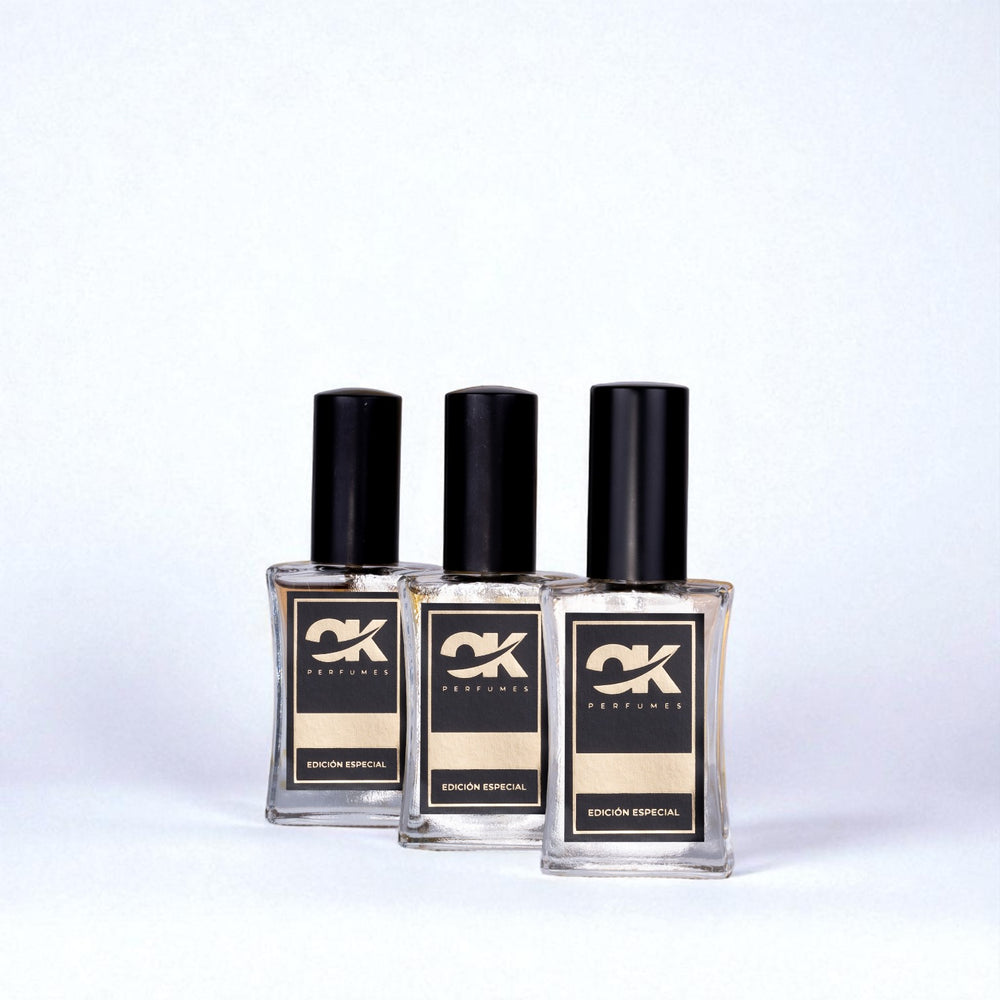



Leave a comment